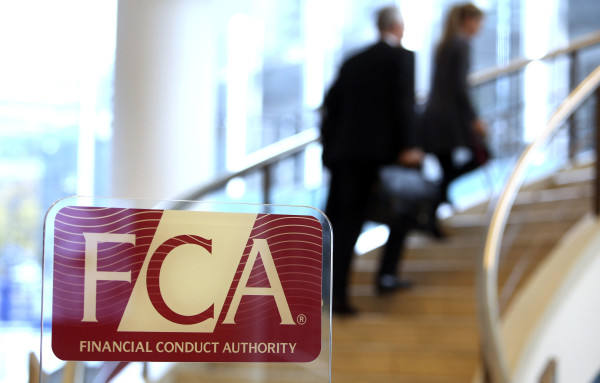

The Financial Conduct Authority (FCA) has set its sights on the cost of private pensions, warning it would act where it detected bad outcomes for consumers.
In its discussion paper on non-workplace pensions out today (2 February) the FCA said it wanted to find out whether firms were in fact competing on the annual management charge (AMC), the charge most common in defined contribution (DC) schemes, which covers the cost of administering the scheme and investing contributions.
It said it was concerned customers in older pension schemes may be paying higher charges than those in more modern contracts invested in the same fund.
The regulator also wants to find out to what extent customers are indeed switching to more cost-effective schemes.
It stated: “In an efficient market, the AMC is likely to be the charge on which firms are most likely to compete, but we need to collect further data to determine whether this is happening in practice.
“We are concerned that some older personal pensions may have a relatively high AMC when compared to modern versions of the same fund (bundled or unbundled), even within the same firm/scheme.”
It added: “While we can’t directly influence how much consumers pay into their pension, we have an important role to play in making sure that consumers can be confident that the contributions they pay in will deliver good outcomes and value for money.”
The FCA has long expected firms to provide value for money for their customers. This value could be eroded by high charges, which negate any rise in earnings.
The regulator said evidence from its recent Asset Management Market Study suggested there was no clear relationship between charges and performance.
Charges will always act as a drag on performance and reduce what investors actually receive, it pointed out.
It added: “Charges that continue after contributions cease to be paid have the capacity to erode the value of the pension pot completely.”
The FCA said the difference in charges between workplace schemes and non-workplace schemes was that the costs associated with non-workplace pensions were typically borne exclusively by the customer whereas, in some workplace DC pension schemes they might be borne by the sponsoring employer
In 2013, the Office of Fair Trading identified reduced competition on charges in workplace pensions, which it said, was due to complexity and how difficult it was to compare charges.
In response, the regulator introduced a cap on fund charges in auto-enrolment schemes and a ban on higher charges for people no longer contributing to their pension.
Since April 2015, charges within default funds of qualifying auto-enrolment schemes are capped at 0.75 per cent per year of funds under management.
The AMC on stakeholder (group and personal) pension plans is capped at 1.5 per cent per year for the first 10 years and 1 per cent thereafter.
Meanwhile, differential charging practices based on contribution status have been banned in workplace pensions schemes used for auto-enrolment since April 2016.
But the FCA said a form of differential charging can be found in the market for non-workplace pensions in the form of ‘paid-up’ charges.
A policy is made paid-up when a customer stops paying premiums before the end of the term but doesn’t cancel or surrender the plan.
These charges typically take the form of either a one-off reduction in fund value or an increase in ongoing charges and are primarily designed to ensure the recovery of initial commission costs paid by the provider, the FCA stated.
It found as at 30 June 2015 there were more than 6.5 million paid-up unitised pension policies, both workplace and non-workplace, on the books of 25 life insurers.
While people incurring such charges could be expected to switch schemes, the problem it said, was it was unlikely consumers who no longer paid contributions to a policy remained engaged with it.
Its thematic review of the fair treatment of closed book customers, carried out in 2016, also found exit charges often applied to life insurance policies that attract paid-up charges.
It warned it had seen examples of an exit charge reducing a fund’s value by more than 50 per cent.
The regulator will gather further data from industry, including the number, value and age of policies affected by these charges, as well an explanation of when the charges apply and details of how and why the charges are calculated, it said.
However, it anticipated the number of paid-up policies has reduced as a consequence of changes to firms’ charging structures, more consumers accessing the pension freedoms, and the introduction of the cap on ‘early exit pension charges’ in April 2017.
The regulator is inviting industry comment before 27 April. It will then collect data from providers to better understand any problems identified and decide whether any remedies are needed.
carmen.reichman@ft.com



